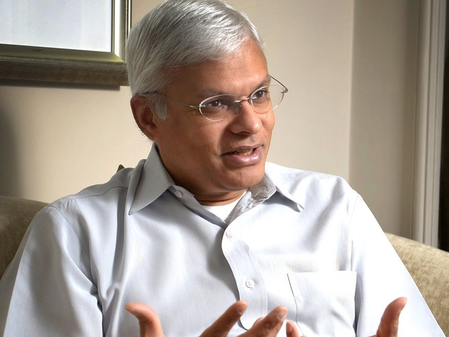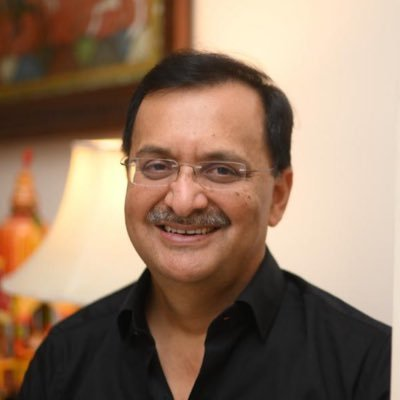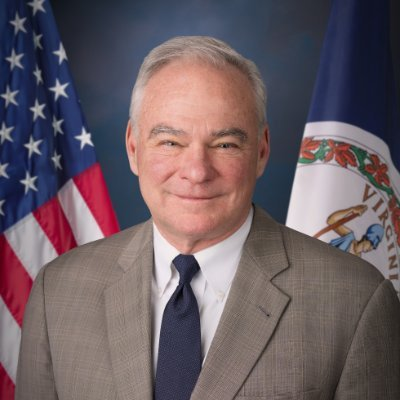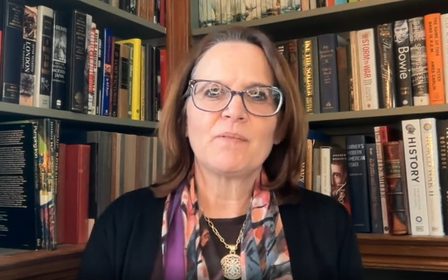
Islamabad, Aug 12 (IANS) After leading a 13-party coalition government for some 16 months, former Pakistan Prime Minister Shehbaz Sharif stepped down on August 10 and dissolved the National Assembly, paving the way for the general elections to be held in the next 90 days. While his government’s performance card has almost nothing to present as credentials to voters, there are still some factors that might help him return to power.
Shehbaz Sharif had assumed office on April 11, 2022 after ousting his predecessor Imran Khan through a no-confidence vote, which was tailored via political maneuvering of the then opposition parties that formed the Pakistan Democratic Movement (PDM) coalition.
Shehbaz Sharif emerged as a statesman, whose premiership was a result of a mutual agreement between major political parties, including Pakistan People Party (PPP).
As chief of the Pakistan Muslim League Nawaz (PML-N), he maintained that his elder brother and former Prime Minister Nawaz Sharif would return to the country soon and take the position of premier after the next general elections slated to take place later this year.
“Nawaz Sharif will return to Pakistan in the coming weeks and will be leading the party’s election campaign. He will become Pakistan’s next Prime Minister,” Shehbaz Sharif had said in a recent interview.
However, ongoing developments in the country also seem to suggest that Shehbaz might also end up becoming a Prime Ministerial candidate as well.
In a major decision, the Supreme Court struck down the Supreme Court (Review of Judgments and Orders) Act 2023, which expands the scope of review petition, terming is unconstitutional.
Under the legislation passed by the National Assembly, Nawaz Sharif will be able to file a review petition in cases against him, including the case of “assets beyond means”, in which, he was found guilty by the apex court and was disqualified for life from politics along with a 10-year jail term.
This would have also paved the way for Nawaz Sharif to revoke his disqualification and contest the upcoming elections as a Prime Ministerial candidate.
However with the Supreme Court verdict, announced a day after the National Assembly was dissolved on August 9, all openings for Nawaz Sharif to revoke his disqualification has shut down, paving the way for Shehbaz Sharif to become the front line contender from the PML-N.
The other major aspect is that after ousting Imran Khan from power and almost dismantling his Pakistan Tehreek-e-Insaf (PTI) party following the anti-establishment May 9 riots, the PML-N seeks to regain its political mileage in its former stronghold and country’s largest province, Punjab.
Another indication is that the next general elections will not be a battle between arch rivals but a contest based on a mutual understating of seat adjustment, a result of which would lead to a formation of another coalition government.
The PML-N is eyeing such a probability and would see Pakistan People Party (PPP) as its main competition in Punjab.
Keeping in view the major aspects and more importantly the bleak chances of Nawaz Sharif’s return to contest the polls, a road to premiership for Shehbaz Sharif seems to be showing the rights way towards the power throne.
–IANS
hamza/ksk




